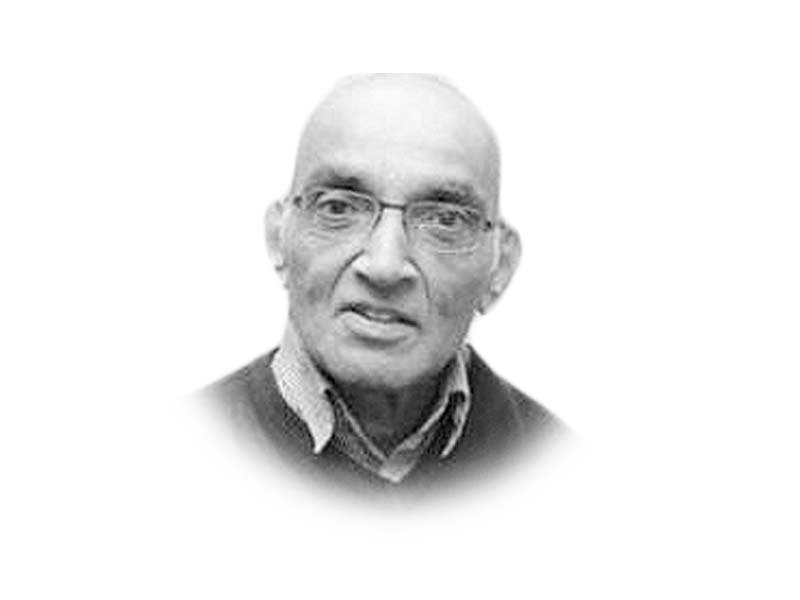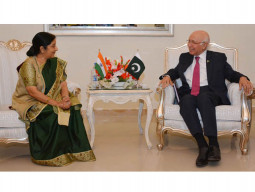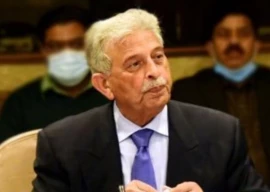
And those on either side of the border who fail to take account of the exceptional dynamics of this relationship or wilfully refuse to acknowledge it may be able to earn cheap popularity in the short term, but ultimately they are forced to realise their folly. As the Narendra Modi government has now done so in recent days. Modi spectacularly failed the crucial ‘Pakistan test of Indian diplomacy’ in an attempt to appease his jingoistic supporters — not to mention the RSS which has pathological aversion to Pakistan — and that did win him some canned applause from his acolytes. And then?
And then reality caught up with the make-believe world of machoism, forcing the Indian prime minister to abandon his ill-advised hard line, whereby he vowed not to talk to Pakistan unless it brought the perpetrators of the Mumbai attacks to justice. Later, other issues were brought in. But we’ll come to those in a bit. Breaking off the Composite Dialogue with Islamabad was advertised as ‘punishing’ it for its alleged intransigence as though Pakistan alone stood to benefit from normalisation of relations.
The decision to resume the stalled talks under a new title — the Comprehensive Bilateral Dialogue, a nod to Delhi’s pretence that it is not the same old Composite Dialogue it had so haughtily rubbished — is a triumph of sensible, old-fashioned diplomacy over ideological expediency. It is recognition that in the long run there is no substitute for a dialogue, especially with a neighbour.
Under Modi, relations with Pakistan had plummeted to a new low. Within weeks of coming to power 18 months ago, he cancelled scheduled talks between the two countries’ foreign secretaries, objecting to the Pakistan high commissioner meeting the Kashmiri separatist leader, Shabir Shah, ahead of the talks.
More recently in September, talks between the National Security Advisers were called off amid acrimony, with India effectively barring Sartaj Aziz from meeting Hurriyat leaders, and insisting that the talks must be restricted to terrorism. Pakistan said it would not accept any preconditions and favoured an “open agenda”.
Modi came to power accusing the previous Congress-led government of being “soft” on Pakistan and promising a harder line. He didn’t just stop there. He took to denouncing peaceniks as anti-national. It was this calculated election rhetoric that he attempted to translate into action in government, belying the more sensible expectations that once in power he would be forced to temper it.
Finally, however, he realised that a fire-and-brimstone approach to diplomacy doesn’t work; it took him rather long to come to terms with the demands of good diplomacy and realities of international relations. But, better late than never.
Now that the peace process is back on track, it is important that leaders in both countries resist attempts to sabotage it for short-term populism. There are still too many jingoists on the loose who would seek to disrupt the resumed peace effort. Modi and Nawaz Sharif have a historic responsibility to ensure that such elements are kept at arm’s length. They must remember that their own legacy is at stake here.
Published in The Express Tribune, January 2nd, 2016.
Like Opinion & Editorial on Facebook, follow @ETOpEd on Twitter to receive all updates on all our daily pieces.






























1714024018-0/ModiLara-(1)1714024018-0-270x192.webp)









COMMENTS (9)
Comments are moderated and generally will be posted if they are on-topic and not abusive.
For more information, please see our Comments FAQ